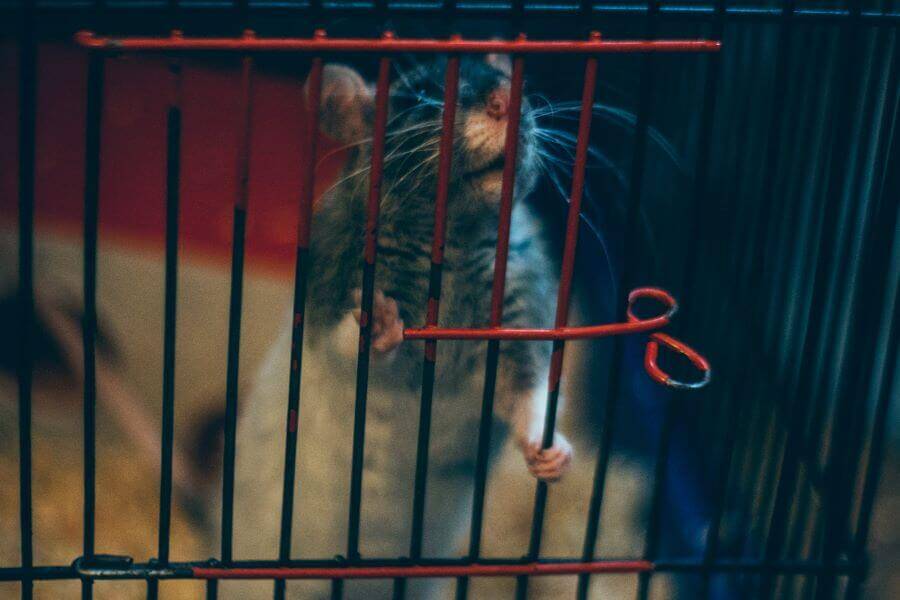
Back in November of last year, I published an exchange between Jordan Peterson and Andrew Huberman on the topics of masturbation and mental health. Check that out if you haven’t already. Peterson was mostly the one asking the questions, but he did interject with the following quote, which I thought was pretty profound.
You know you cannot get rats addicted to cocaine if they live in their natural environments. You can only get rats addicted to cocaine if they’re isolated rats in a cage. They won’t bar press for cocaine in the natural environment, and it’s because they have alternative sources of dopaminergic gratification. That’s very interesting.
Jordan Peterson
Like the cocaine in the experiment, pornography is available on demand, in unlimited quantities, for anyone with a Wi-Fi router and no proper accountability in place. Similarly, when humans are deprived of “alternative sources of dopaminergic gratification”–like nature, physical activity, and social interaction–we tend toward impulsive behavior.
Rats Prefer Social Interaction to Heroin or Methamphetamine
A fascinating study published in 2019 found that rats preferred to interact with other rats than take shots of heroin and methamphetamine (rats and addiction). When given the option to push a lever that triggered a drug infusion or a lever that opened a door that enabled them to interact with their peers, rats chose the latter option more than 90% of the time.
The rats “exhibited behaviors that correspond to human addictive behaviors.” The authors concluded that the experiment “introduces a novel model for studying the impact of social motivation in studies of drug use and addiction.”
In sum, the rat example underscores the power of replacing a bad habit or addiction with a natural alternative. For people deprived of social interaction, getting this need met is a first priority.

